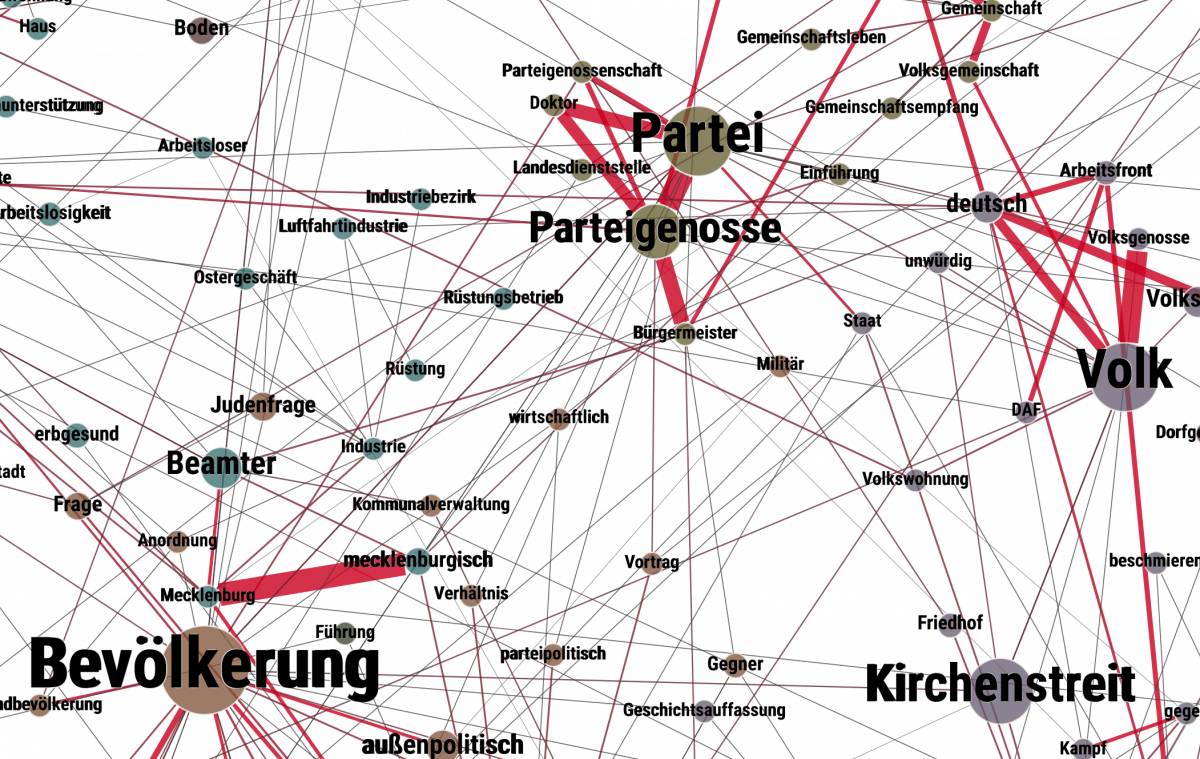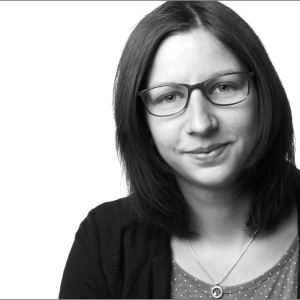Completed associated PhD project
Funded by a fellowship from the Mecklenburg-West Pomeranian State Postgraduate Scholarship Programme (Landesgraduiertenförderung Mecklenburg-Vorpommern)
Based on a systematic exploration of decision-making paths but also with an eye to conceptualisations of the so-called Volksgemeinschaft, this project focused on structural transmissions and changes in the way this core element of National Socialist ideology was shaped. Especially in questions of prospering development and limits of community-building, the research interest focused on aspects of negotiation between network-like communication structures of political functionaries and the population they rule over.
Struggles on hegemony in the ‘Gau’ Mecklenburg-Lübeck seemed to be intensified by a rising industrial sector after 1933, which led to a shift in the social structure of this formerly agricultural region. By means of this operationalisation, orientated towards Laclau and Mouffe, Volksgemeinschaft is grasped as an ‘empty signifier’, at which various elements were able to dock and which was concurrently permeated by local, dislocating and therefore changing, articulatory practices. Whilst a discourse-analytical access to secret bulletins written by various regional National Socialist institutions allows a closer look at discursive structures and their (semantic) frailty, an evaluation of social networks reveals informal paths of decision-making and political coordination. By interweaving both approaches, Volksgemeinschaft can be described as a controversial but founding concept of National Socialist community formation, whereby the findings of the project systematically apply beyond the analysed ‘Gau’ itself.


